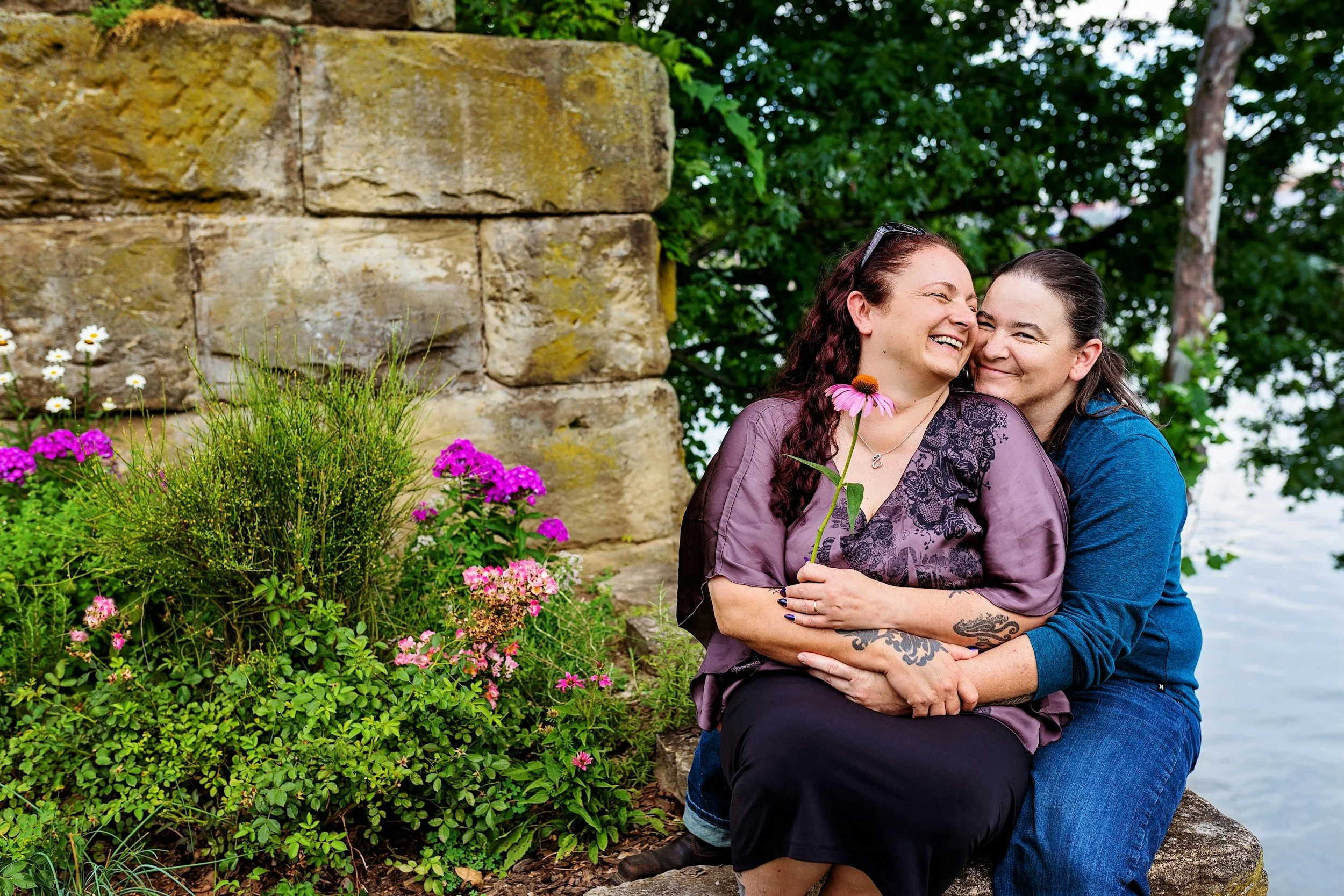Healing Trauma
Therapy That Honors Your Story and Values
Trauma doesn’t just happen to us; it shapes how we see ourselves, connect with others, and navigate the world. Developmental trauma—trauma experienced during childhood or early relationships—can be particularly profound, as it occurs during crucial stages of emotional and relational development. For many, these early wounds lead to lasting patterns of self-doubt, isolation, and difficulty trusting others.
In my practice, I specialize in working with individuals impacted by developmental trauma, guiding them on a journey of healing that respects their inherent worth, values their story, and takes into account the larger societal and family contexts that have shaped them. My approach isn’t about “fixing” what’s broken, but about helping you reclaim your sense of self, find peace with your past, and create space for genuine connection and resilience.
A Holistic and Justice-Oriented Approach to Trauma
My work is grounded in humility and a commitment to social justice, recognizing that trauma cannot be separated from the broader societal and family dynamics that often play a role. Many individuals impacted by developmental trauma are coping with the weight of both personal experiences and larger systems of oppression, whether through family expectations, cultural messages, or societal standards.
Together, we will:
Uncover the Layers of Trauma in Your Story: Developmental trauma often results from complex experiences where emotional needs went unmet, whether due to family dynamics, cultural norms, or societal pressures. We’ll work to understand these layers, connecting the dots between your early relationships, self-perception, and the messages you’ve internalized.
Acknowledge Societal and Cultural Influences on Your Healing: By embracing a person-in-context perspective, we’ll explore how your identity and experiences are influenced by the society around you. This can mean unpacking how systems of oppression may have exacerbated feelings of disconnection, unworthiness, or even self-criticism—and recognizing that your pain is not solely of your own making.
Rediscovering Your Strength and Authentic Self
Healing developmental trauma is not about erasing the past, but about making peace with it and rediscovering the parts of yourself that trauma may have hidden. Therapy offers a compassionate space where you can begin to unravel old wounds, transform limiting beliefs, and reconnect with the safety, worth, and sense of belonging that you deserve.
Therapeutic Values That Guide Our Work Together
My therapeutic approach is grounded in values that are key to healing from trauma:
Respecting Your Inherent Dignity and Worth: Healing from trauma begins with recognizing and honoring your worth, just as you are. This means approaching your story with humility, acknowledging your strength, and validating the ways you’ve survived. My role is not to pathologize but to help you uncover and reconnect with a resilient self that has always been there.
Empowerment and Personal Agency: Trauma can leave us feeling powerless, especially if it stems from our earliest relationships. We’ll work to restore a sense of agency, helping you set boundaries, advocate for yourself, and make choices that align with your values. By focusing on empowerment, we’ll help you reclaim control of your life and your healing.
Acceptance of Suffering as Part of the Human Experience: Informed by Eastern principles, I believe that suffering is a universal experience. This approach helps us move beyond self-blame and perfectionism to embrace your story with acceptance, compassion, and a willingness to be present with difficult feelings. We’ll work on sitting with discomfort and making peace with the parts of your past that have caused pain, ultimately finding freedom and acceptance.
Building Self-Compassion and Connection: Developmental trauma can cause us to internalize blame, leading to self-criticism and shame. Through a compassionate lens, we’ll work to replace self-judgment with self-kindness. Developing a compassionate relationship with yourself is a foundation for healing that allows you to approach challenges with a renewed sense of self-worth and resilience.
How We’ll Work Together to Heal Developmental Trauma
Attachment-Focused Therapy: Developmental trauma is often rooted in early attachment relationships, and understanding these connections is key to healing. We’ll explore how your early experiences have shaped your relationships, self-image, and ways of relating. By recognizing these patterns, we can begin to create new ways of connecting and building trust, both with yourself and others.
Somatic Therapy to Reconnect with Your Body: Trauma affects both mind and body, often leaving us feeling disconnected from our physical selves. Somatic therapy provides a pathway to noticing and releasing stored tension, allowing you to reconnect with your body as a safe, grounded space. Together, we’ll use somatic techniques to promote a sense of safety and wholeness in your body.
Mindfulness and Acceptance-Based Practices: Through mindfulness, we’ll practice staying present with challenging emotions and letting go of the need to control every outcome. Drawing from Eastern principles, we’ll explore ways to be with your emotions in a compassionate way, helping you find peace in the midst of discomfort and allowing feelings to move through you instead of becoming “stuck.”
Person-in-Context Perspective: Healing from trauma includes understanding your experiences in the context of your culture, identity, and larger societal forces. We’ll address how external systems, such as family dynamics or societal expectations, have contributed to feelings of unworthiness or disconnection. This perspective empowers you to release self-blame and to recognize that healing is both a personal and relational process.
Take the First Step Toward Empowered Healing
You don’t have to navigate this journey alone. If you’re ready to begin healing from developmental trauma in a way that honors your story, your values, and your dignity, I invite you to reach out. Together, we can work to create a life that feels true, safe, and whole—a life where you can reconnect with your worth and reclaim your voice beyond the weight of trauma.



